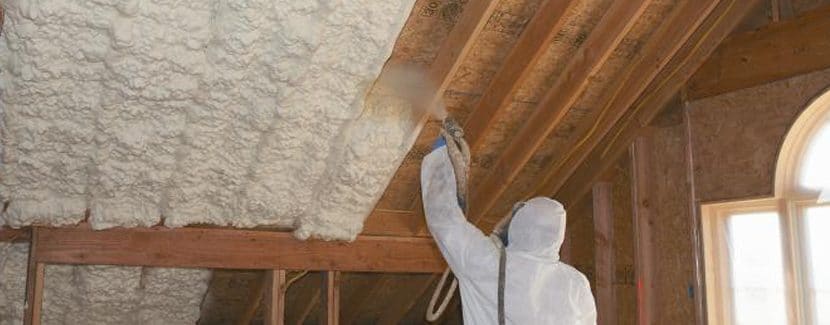Just about everyone knows one of the best ways to keep your home warm in the winter is to pack in the insulation. The idea seems to be that more insulation means more warmth. While that’s certainly true while you’re running your heater, the fallacy is that people think of home insulation in the same way as they do insulation in, say, a winter coat.
In a winter coat, an insulated lining is going to keep you warm in the winter, but you’d be sweating bullets in the summer. Home insulation does not work the same way. Home insulation works by keeping more of the air inside your home from escaping.
Insulation: For Heating and Cooling
To put it simply, yes, insulation matters even in the summer. You need to equip your home to set your AC unit up for success. In heating and cooling, keeping the right air in is half the battle.
Air Escapes
When you think of cool air escaping your home, what comes to mind? Windows and doors? You’re absolutely right! Using energy-efficient windows and closing small gaps around doors are crucial steps to keeping the cold inside. But what about your vents, or appliances, or your attic?
Air Creeps In
You’ve heard the saying “the best offense is a good defense”. Even if your cool air is staying inside your home, hot air will still get in, and not just through those cracks in your windows.
Let’s take a trip back to science class. Â Do you remember the three types of heat movement? (If not, no worries, we’ll just call it thermodynamics to make it sound more complicated than it is.) There’s radiant heat, which comes from the sun heating up any objects in its path. Here in the Sunshine State, we’re pretty familiar with that concept.
Then there’s convection heat, how heat moves through air. Lastly, there’s conduction, when heat moves through one object to another (think about how a metal spoon heats up in hot tea.)
How Insulation Helps
Heat moves. Insulation slows the movement of heat.
It’s as simple as that! For both heating and cooling, insulation slows heat from leaving your home in the winter, and slows it getting in during the summer. To take another dip into thermodynamics, heat always moves towards cooler areas. Insulation slows that process.
So how much insulation do you need? That depends on a lot of factors in your home and your area. Generally, the attic and walls are going to be your biggest areas for insulation. You also have to take into account the type of insulation you need, and what’s called R Values. It’s always smart to call a heating and cooling professional to help you diagnose your needs and help you bring your insulation and AC up to peak efficiency for heating and cooling your home.





